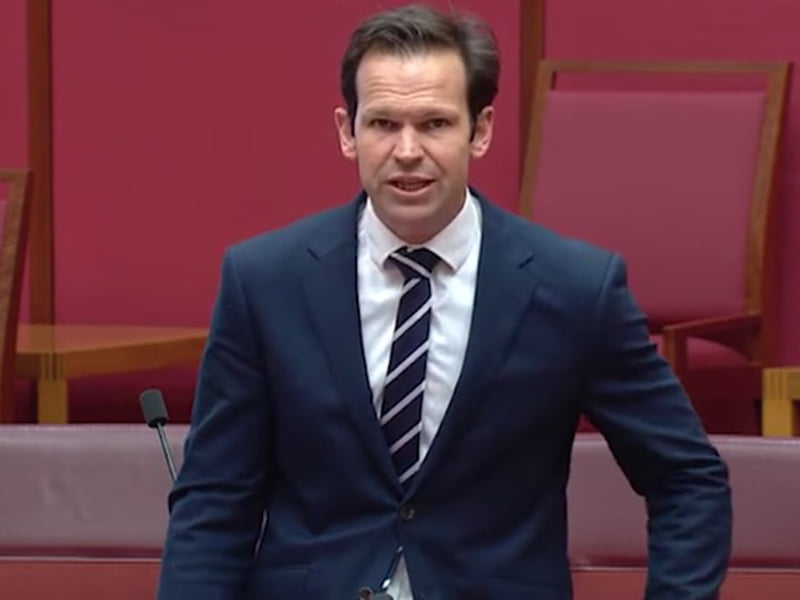The Senate has shot down the federal government’s attempt to launch an inquiry into Australia’s sovereign capability and critical infrastructure.
Nationals Senator Matt Canavan moved a motion in the Senate on Thursday morning to establish a Select Committee on Financing Critical Infrastructure and Sovereign Capability, which would look at the role domestic investment has in these issues and potential regulatory reforms to encourage it.

But the motion was rejected by the Opposition and crossbench senators and the committee will not be launched. It came just weeks after Labor successfully moved a motion for the Economics References Committee to inquire into Australia’s domestic advanced manufacturing sector.
The government-backed inquiry would have looked at the importance of sovereign capability and critical infrastructure, the role domestic investment plays in enhancing Australia’s sovereign capability and economic growth, efficient means to secure this financing, potential regulatory reforms and any relevant international approaches.
It was not supported by Labor senators, although none spoke on the motion.
Independent Senator Rex Patrick said there are already too many select committees, and launching another would be a waste of money. He pointed out that the chair of a select committee receives $23,000 and the deputy chair receives $11,000, meaning the new committee would have cost at least $34,000.
Senator Patrick said he would support a similar inquiry by a references committee.
One Nation Senator Malcolm Roberts said the answers to many of the inquiry’s terms of reference are already known and it would be a waste of money.
Sovereign capability is shaping up to be a key election issue when Australians go to the polls in the near future.
The ongoing COVID-19 pandemic has thrown a spotlight on Australia’s sovereign capability, particularly in terms of its manufacturing industry.
The government has positioned its $1.5 billion Modern Manufacturing Strategy at the centre of its economic recovery efforts, with six priority areas across different sectors.
The Coalition is also looking to pass new critical infrastructure laws which would impose a positive security obligation on a wide range of operators of critical infrastructure, including data storage and processing providers. These powers would also allow government agencies to take control of their networks in situations such as a serious cyber attack.
Earlier this month, Labor successfully launched an inquiry into Australia’s domestic advanced manufacturing capability, looking into the existing and emerging manufacturing industry and the role of governments in supporting it.
It will also be looking at the role of research and development in supporting the sector, and how developing local supply chains provides strategic benefits.
Labor has also pitched a $15 billion National Reconstruction Fund focused on advanced manufacturing if it wins the upcoming federal election.
Do you know more? Contact James Riley via Email.

